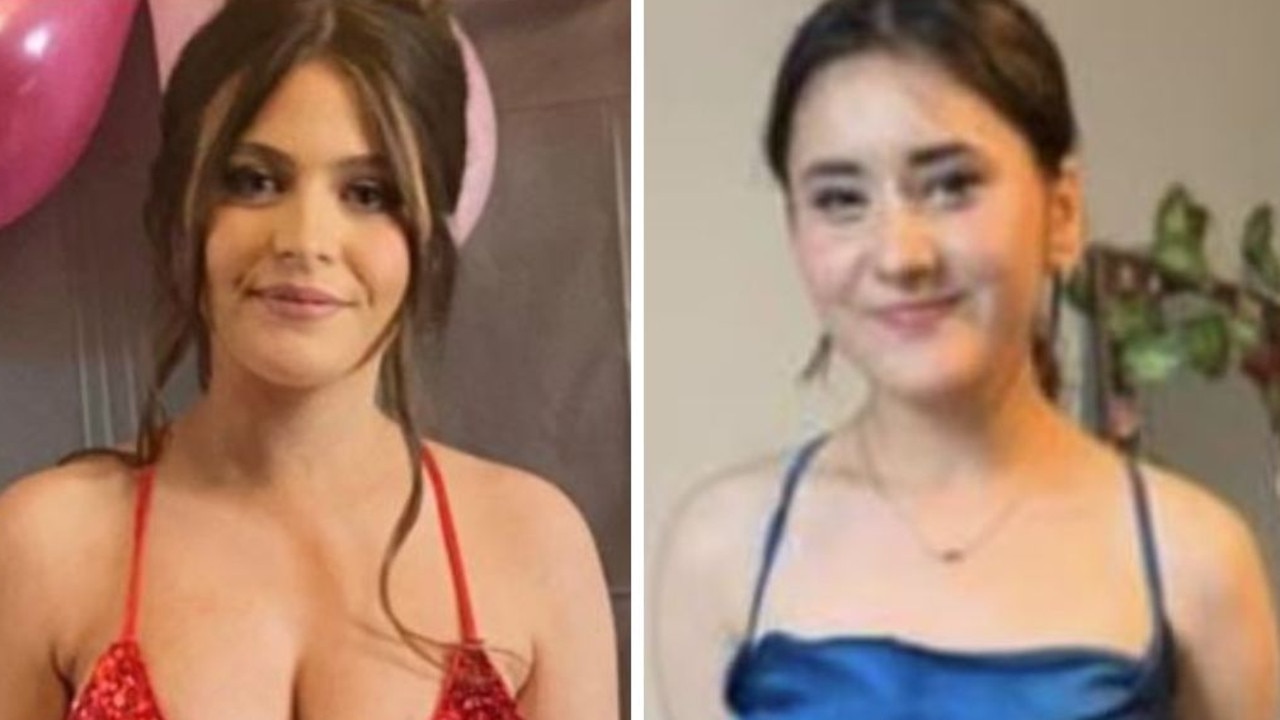Region rocked by spate of gruesome murders as draconian laws cause chaos
The reintroduction of “draconian” laws has led to a spate of chilling violence and murder in a troubled region of the world.
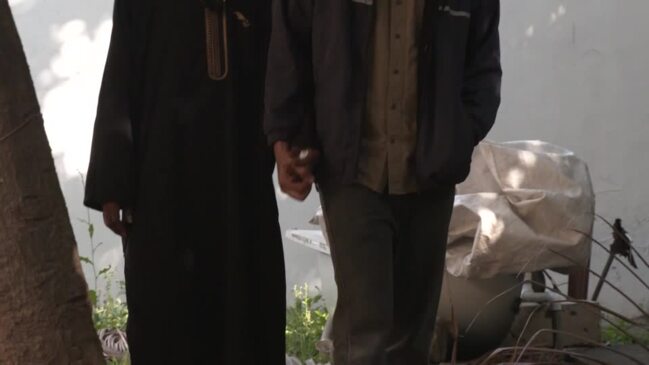
COMMENT
In recent months, LGBTQ communities across Africa have faced increased violent attacks and heightened discrimination due to the reintroduction of draconian anti-gay laws.
Despite significant global progress in LGBTQ rights, 31 out of the 64 African nations still criminalise same-sex relationships and legitimise violence against LGBTQ people. The dangerous concomitant of these laws, coupled with societal prejudices, have created a culture of fear, discrimination and violence that has gravely endangered LGBTQ people.
In one horrendous recent attack, Chantell – a popular trans woman in Nigeria famously known as the “Area Mama of Abuja” – was brutally murdered and abandoned on a highway in the nation’s capital.
Chantell’s body was found in the early hours of August 8 on a roadside after being discarded in what appeared to be an intentional act of final humiliation by her unknown assailants. The condition in which her body was found led many to believe she was killed somewhere else and was later dropped off along the expressway to be found. She had severe head trauma with multiple injuries on her body, her wig was repositioned on her head and her underwear was missing. The long black dress she was wearing was ripped entirely in the middle, exposing her bra and genitalia.
A few hours before her body was found, Chantell had posted a video on TikTok of herself in a car wearing the same dress she was found in.
Through her powerful storytelling which talks about her life and struggles as a transgender woman living in Nigeria, she was able to build a huge fan base of people who supported her despite the constant bullying she faced every day.
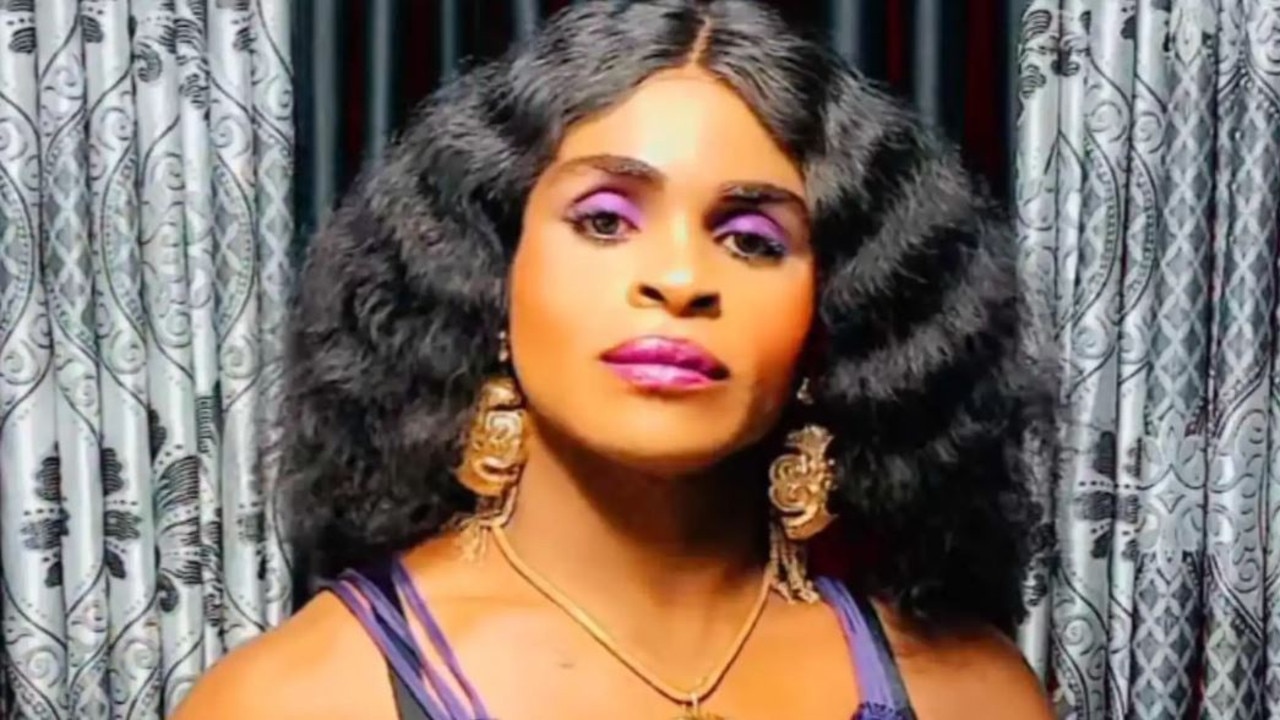
Chantell’s story is quite a harrowing one. The 33-year-old was always candid about her life, how she grew up in a poor polygamous household and was a victim of repeated violence and sexual abuse as a child. Her death left her fans grieving and sparked an outpouring of online condolences and condemnation for the circumstances of her death.
“Every time she uploaded a video or got on TikTok live, she always had bruises, a black eye or visible injuries with bandages which were the results of the countless attacks and failed attempts on her life,” a fan told news.com.au.
In a video Chantell made three months ago, she had a laceration on her arm after being stabbed in the market in daylight. She also disclosed that she was ridiculed at several police stations after going to report the incident and was refused treatment by multiple hospitals.
The news of her death also sparked unsavoury reactions from the public, with homophobic people commending her assailants while endorsing this type of violence and wishing the same ill fate on LGBTQ people.
“Finally, I’m glad that people are now waking up to this LGBT pandemic and ridding our society of this disease. I hope he burns in hell,” a Twitter, now X user wrote. Some even went as far as attacking and threatening people who showed sympathy for the victim.
Nigerian authorities appear to have turned a blind eye to the tragedy and have not addressed it despite saying an investigation would be opened, and so far, no arrests have been made.
It is becoming increasingly clear that anti-LGBTQ laws send a harmful message that these lives are expendable and that violence is permissible. In Ghana, for example, the newly proposed Human Sexual Rights and Ghanaian Family Values Bill 2024 triggered a wave of violence and harassment targeting LGBTQ people.
Meanwhile, just one day after Chantell was murdered, 22-year-old South African Clement Hadebe, who identified as a trans woman and had recently started transitioning, was shot nine times while walking home in Malvern, Johannesburg, on August 9. Clement’s lifeless body was found by the police, with cartridges found on the scene.
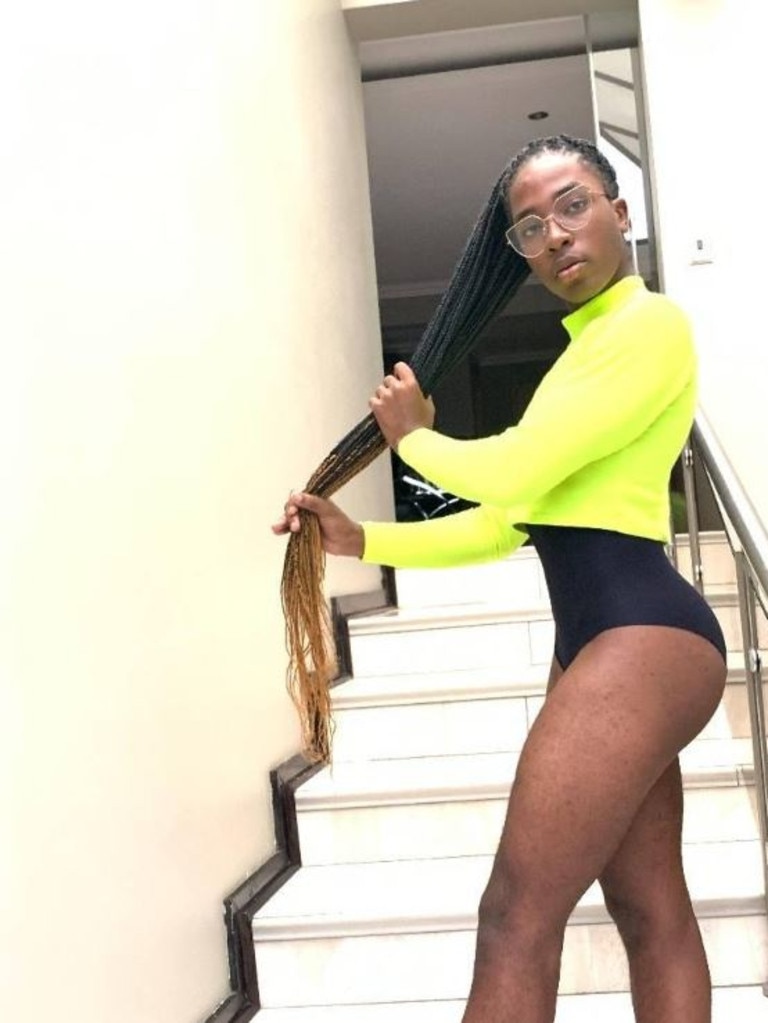
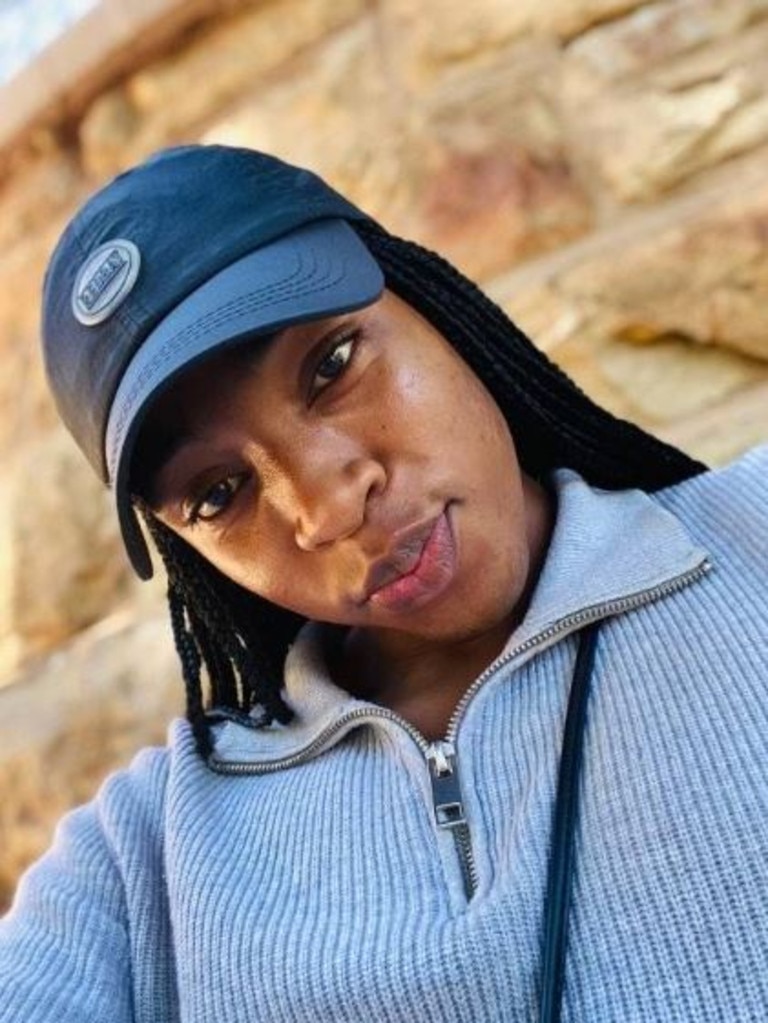
However, Clement soon became a target of online victim-blaming after multiple blogs ran with a false story that she had hooked up with a man who showed interest in her during an outing with friends and had refused to disclose her gender identity.
While South Africa is the sole African nation that legally recognises same-sex sex relations and protects the rights of LGBTQ individuals, there is still widespread opposition to this within the country due to deeply rooted cultural and religious beliefs.
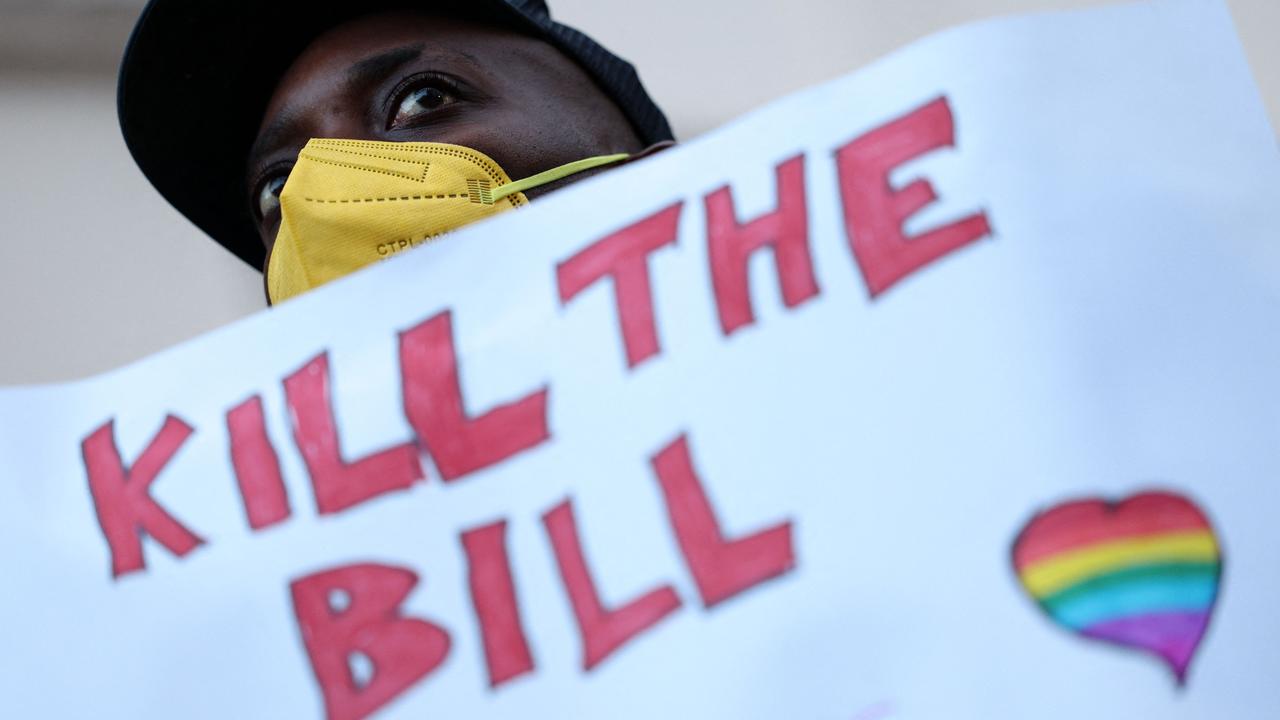
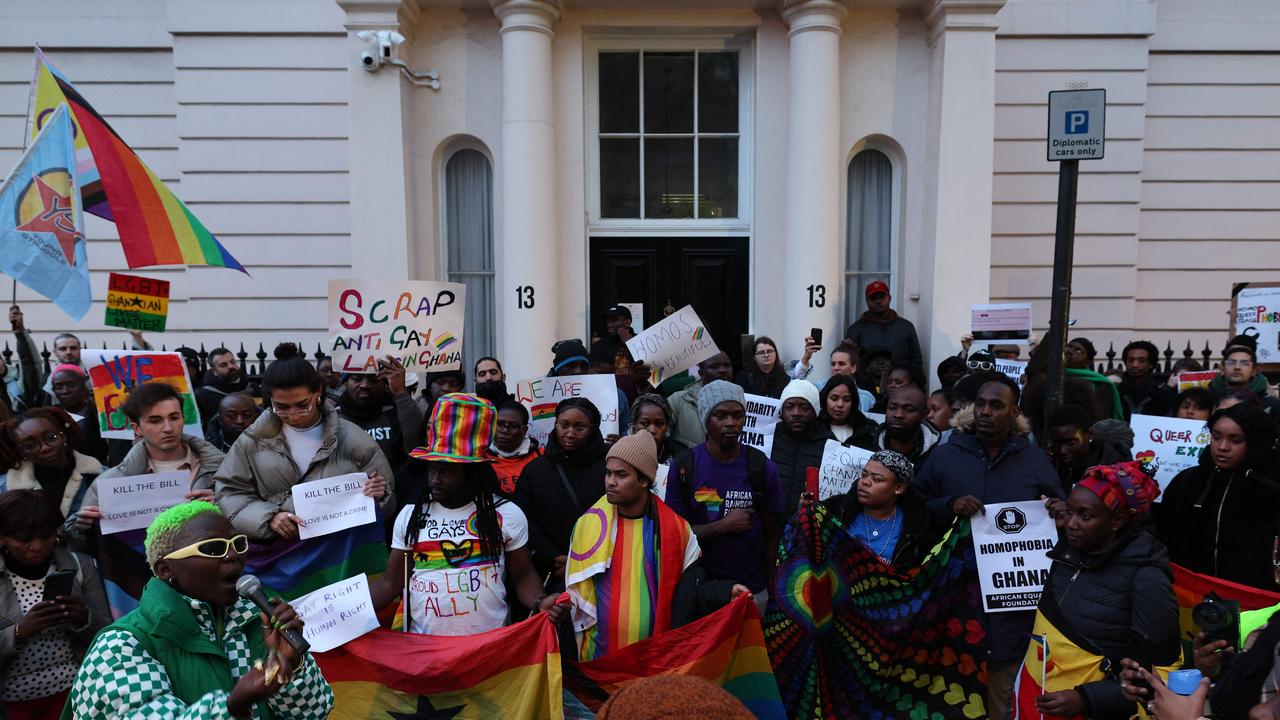
South Africa’s president Cyril Ramaphosa recently signed the Prevention and Combating of Hate Crimes and Hate Speech Bill into law to safeguard LGBTQ individuals. However, there are concerns about its practical effectiveness, as several attacks against LGBTQ people, including hate crimes, rapes and murders, are still occurring in the country.
The impact of these laws has been severe, with LGBTQ organisations and international human rights groups recording multiple instances of rights violations in recent months. These acts of violence are carried out with impunity, and this state-sanctioned discrimination creates an atmosphere where vigilante acts of violence are not just accepted but encouraged.
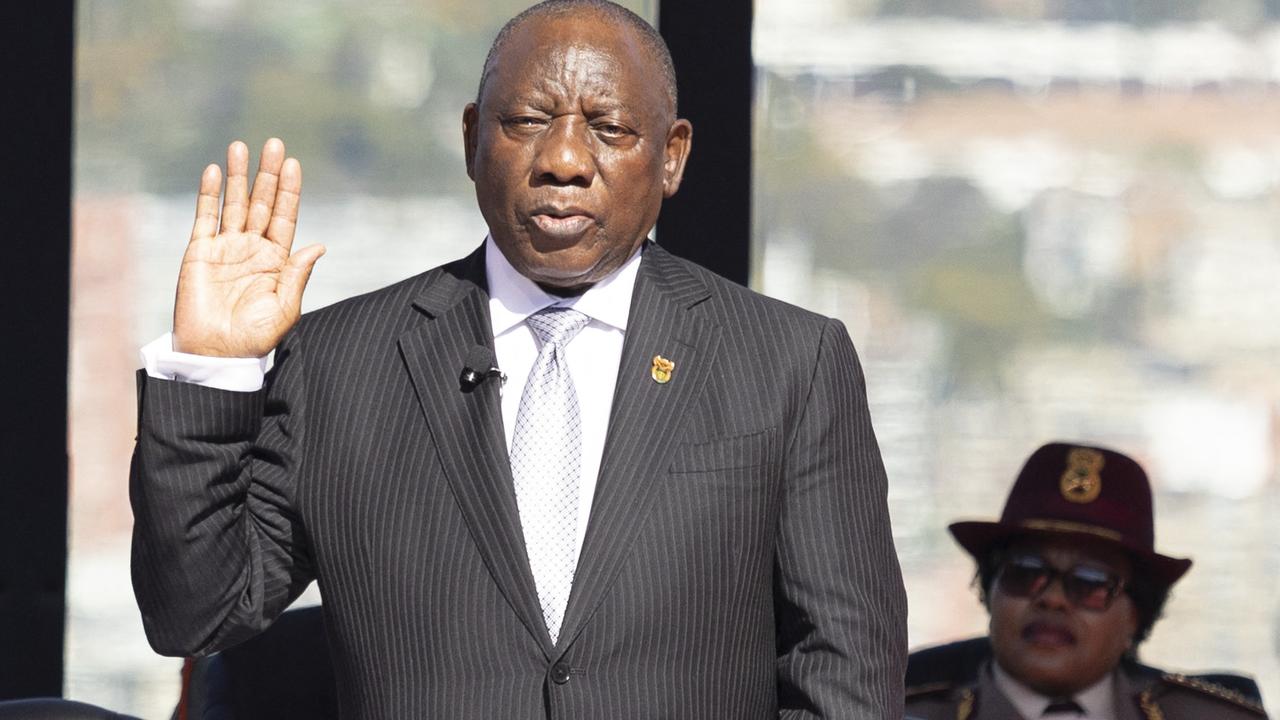
This violence against LGBTQ individuals is not merely a series of random incidents; it is part of a broader pattern of systemic oppression fuelled by cultural, religious and political influences.
The way the media portrays LGBTQ individuals also contributes to the cycle of violence. The local media tend to sensationalise and display bias, depicting LGBTQ people as deviant, predatory, or as foreign agitators intent on corrupting African culture. These portrayals fuel moral panic and embolden individuals and groups to take violent action against those perceived as threats.
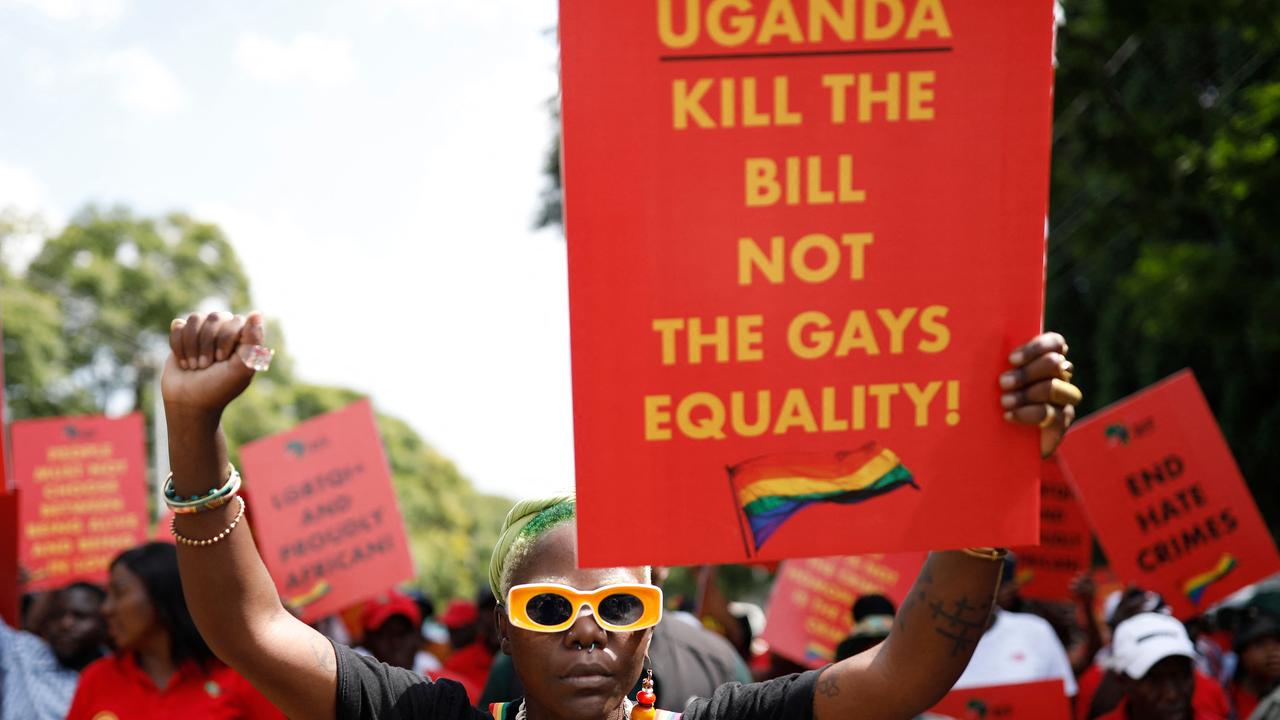
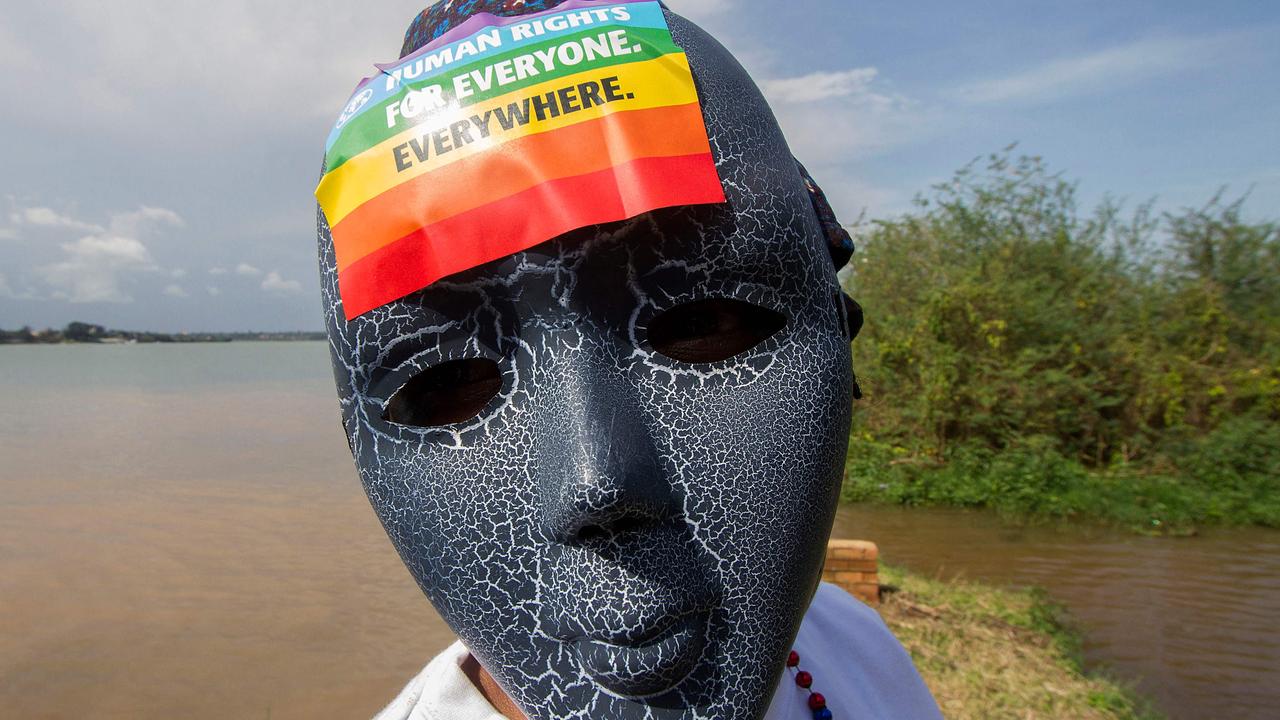
In various African countries, there is a trend of politicians using homophobia as a campaign tactic during election cycles, targeting the LGBTQ community to gain political mileage. This involves exploiting the challenges faced by LGBTQ individuals to garner support from conservative voters and religious leaders.
In the lead up to the upcoming Ghana election, the flag-bearer of the ruling New Patriotic Party (NPP), Vice President Dr Mahamudu Bawumia, has prominently featured anti-LGBTQ rhetoric in his campaign. His strong comments against the LGBTQ community have been a notable aspect of his agenda for this election season.
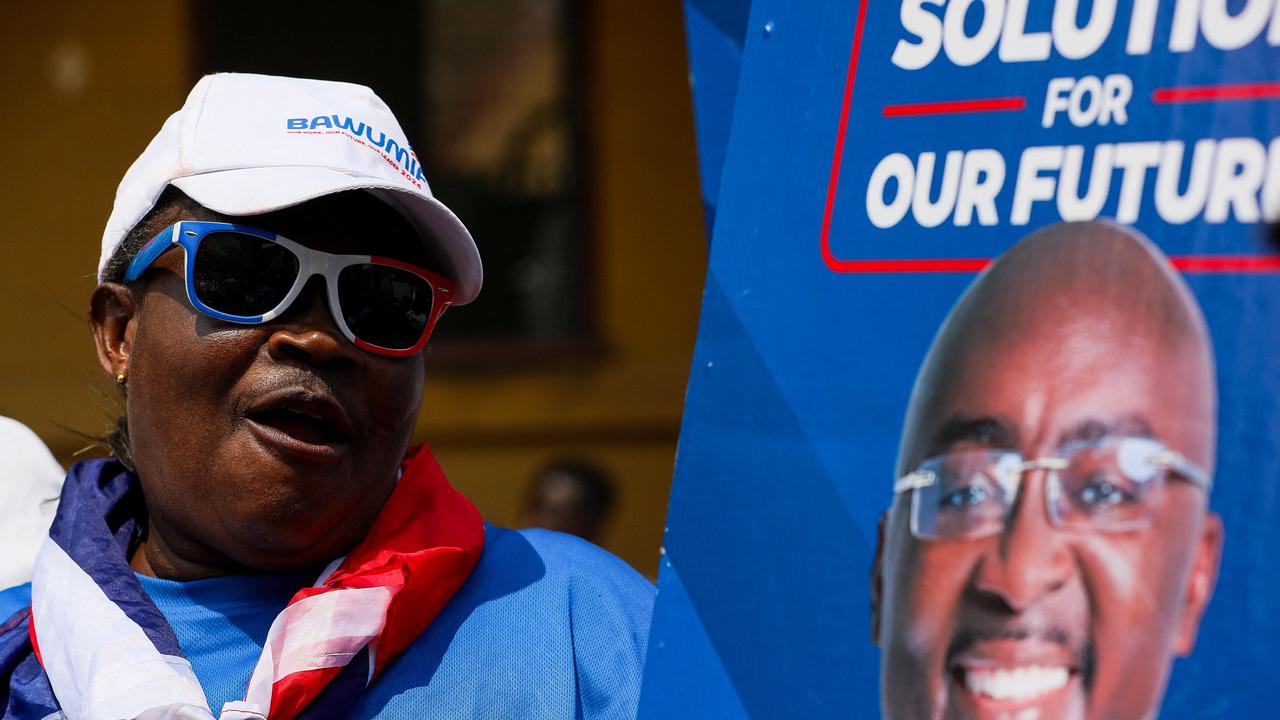
Furthermore, by depicting LGBTQ individuals as a menace to cultural and religious principles, officials draw focus away from critical societal challenges such as poverty and corruption.
The use of homophobia as a political tool undermines human rights and justice.
The fight for LGBTQ rights in Africa is closely connected to larger struggles for human dignity, freedom and justice.
While the road ahead is filled with obstacles, the resilience of the LGBTQ community offers hope for a future in which everyone, irrespective of sexual orientation or gender identity, can live free from fear, violence, and discrimination.
Daniel Anthony is a freelance journalist based in Lagos, Nigeria




